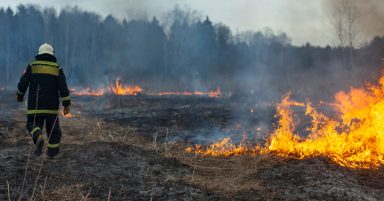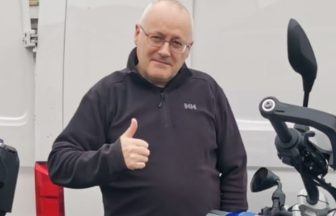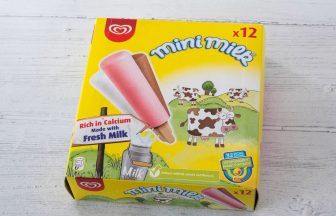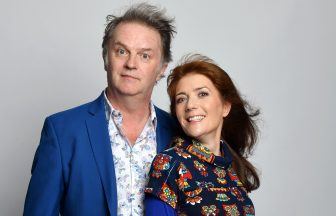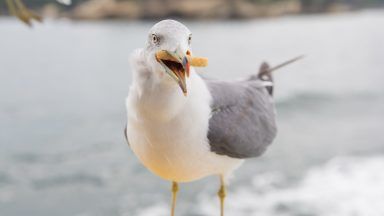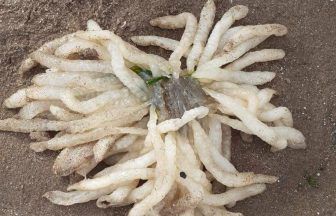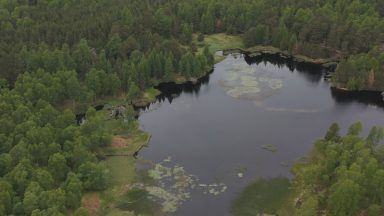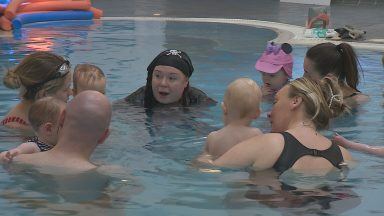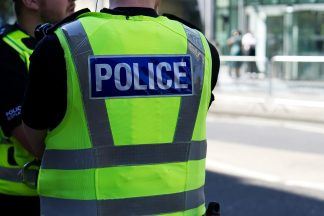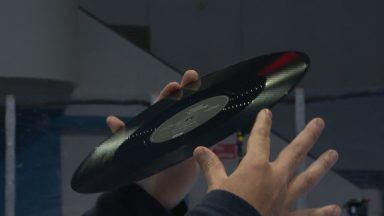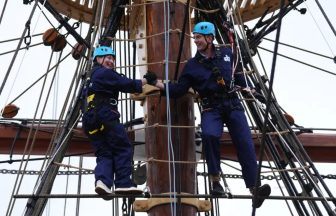A woman who was diagnosed with motor neurone disease (MND) a decade after fighting breast cancer said the news was like “being hit by a train”.
Nicola McFarlane from Dunblane was told that she had the terminal neurological illness in March.
Ten years previously, Ms McFarlane underwent a double mastectomy to treat breast cancer.
Now the 47-year-old has helped launch the annual fundraising campaign for My Name’5 Doddie Foundation, the charity named after late Scotland rugby star Doddie Weir.
She met with rugby player Kenny Logan to launch the fourth year of Doddie Aid, a mass participation virtual exercise event.
Doddie Aid will see thousands of people across the UK and Ireland clock up miles during activities including walking, running, swimming and cycling to raise cash to fund research into MND.
In an interview with Logan, Ms McFarlane shared her feelings about being diagnosed as well as taking inspiration from Weir, who died last year after being diagnosed with MND in 2016.
Weir dedicated the final years of his life to accelerating the search for a cure – which she said was a source of “incredible strength” at the most challenging time in her life.
“After my diagnosis I was in a very dark place, but thinking of Doddie helped lift me out of it, after everything he achieved he means so much to the MND community,” Ms McFarlane said.
“I thought, ‘Doddie managed to set up a foundation and raise millions for MND research, the least I can do is get out of bed and crack on’.
“I think about him every day.”
Ms McFarlane is a lifelong equestrian enthusiast, a passion she shares with Doddie.
She told Logan she noticed that her hands had “just stopped working” when they were cold and she felt like she had been drinking “too much coffee”.
Initially putting her early symptoms down to menopause, she noticed twitching elsewhere in her body and suspected there was something much more serious.
“I’d already gone through the realisation of my mortality with my cancer, and whilst my cancer treatment was extreme, we caught it early enough and there was something that could be done about it,” Ms McFarlane said.
“As things stand, that isn’t the case for MND. It’s a situation that’s very hard to accept and there is so much uncertainty around how the disease will affect you and how quickly, but as each day passes you will only get worse – that’s why I had to get back to living.”
Determined to keep going, Ms McFarlane has continued in her full-time job as an environmental consultant for Mott MacDonald in Edinburgh and, in her spare time, keeps up running, riding and has even found the time for renovating her home with partner Paul.
The long-term friends got together just months before Ms McFarlane was diagnosed.
“Something I say a lot is that I’m still me. My exercise, my riding, and my job are so much about who I am, and Mott MacDonald has been incredibly supportive,” she said.
“I want to keep going for as long as possible. I need the money too – nobody gives you a big cheque when you get an MND diagnosis.
“I know that with every day that passes my condition will get worse.
“When I was diagnosed all I could do was say ‘sorry’ to Paul, and even though I said I’d understand if he wanted to go another way, he’s been my rock.
“Something I learned from Doddie is to focus on what I can do, rather than what I can’t. I have good days and bad ones, but I never allow myself to have two bad days in a row.”
There is presently no cure for the condition, which around 400 adults in Scotland live with, according to MND Scotland.
Doddie Aid – founded by Weir’s former teammate and Scotland captain Rob Wainwright in 2020 – has so far raised more than £4m for MND research, with more than 80,000 participants covering four million miles.
Kicking off on January 1, 2024, Doddie Aid is the foundation’s biggest fundraiser.
Participants can sign up using the Doddie Aid app and choose one of six districts to represent.
Ms McFarlane said she did not know how long she had, but she has hope for a cure.
She said: “Occasionally Paul and I allow ourselves to think they may find a way to slow the disease in my lifetime – that provides some hope.
“What I am certain of is there is a lot more hope now than there was before Doddie.”
Follow STV News on WhatsApp
Scan the QR code on your mobile device for all the latest news from around the country


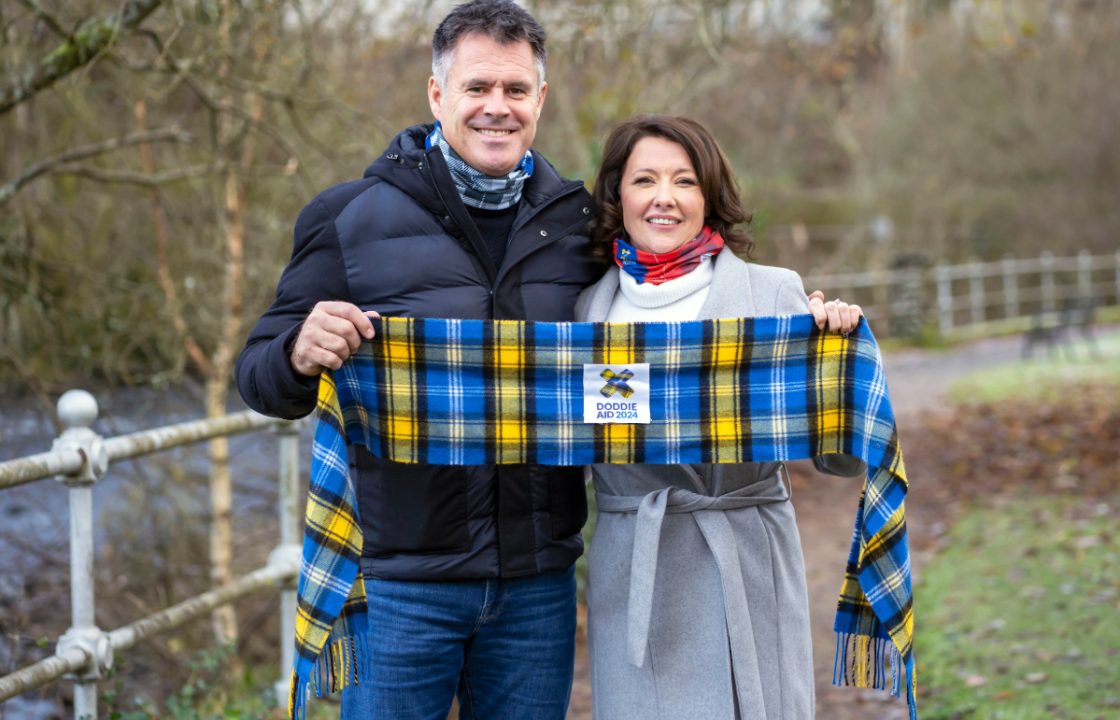 Elaine Livingstone Photography
Elaine Livingstone Photography

